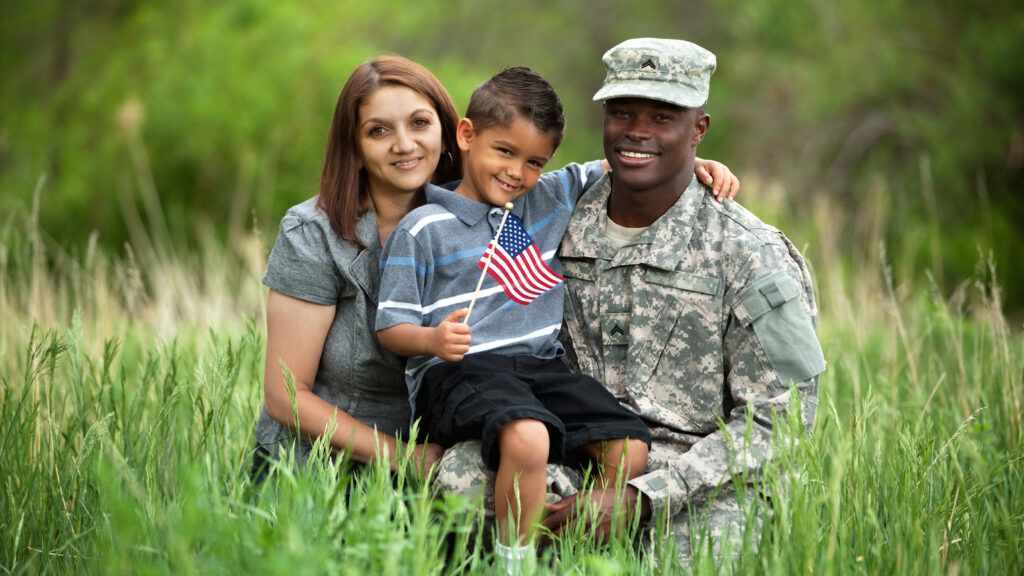Today’s guest blogger is Debbie Simler-Goff.
Whenever I speak to the Comprehensive Work Therapy Group (CWTG) at the Jesse Brown VA Medical Center in Chicago, I show a family picture of my son, Jeremy, in his First Calvary uniform fresh out of boot camp with my son-in-law Shane, in his Marine Corp blues.
As I speak to these military servicemen and women who are trying to re-enter civilian life, the picture demonstrates that I’m not just another person from the professional world come to give them tips on how to get a civilian job. Instead, I’m one of them. I’m a military mom, and I understand the transition they’re going through and how difficult re-adjustment can be.
Read More: Ballet Eases Iraq Veteran’s Anxiety
Life’s transitions are never easy. But a soldier’s transition to being a civilian again is even more complex. The military invests an enormous amount of time and resources in preparing a soldier for battle, but comparatively little in helping that same soldier transition back into civilian life. There are some programs in place, but it’s important to remember that the rest of the family is also working toward a return to normal life.
Here are 7 tips for re-adjustment to help you and your soldier:
1. Educate yourself on the difficulties your soldier may face during the Re-Adjustment period. This tip sheet from the VA is a good place to start: Common Challenges During Re-Adjustment.
2. Establish or maintain your spiritual disciplines. This will keep you operating out of the best side of yourself and will flood your home with God’s peace.
3. Establish morning and evening routines with your soldier–especially if you have children. Structure is familiar and comforting to your soldier so even something as simple as bringing him or her their morning coffee, or reading the paper together in the evening is helpful.
4. Be flexible. Remember you both are adjusting to a new normal.
5. Lower your expectations. Both of you have changed over the course of a military career. Allow for missteps and misjudgments.
6. Give yourself permission to cry. Change is hard.
7. Rely on the unchanging God. “I am the Lord, I change not…” (Malachi 3:6)
Being reunited is a time for joy. Remembering that even good change can bring challenges helps manage our expectations as we once again come together as a family.
Debbie Simler-Goff is the mother of a Purple Heart Veteran, We Honor Veteran’s Chairman and a hospice bereavement coordinator.






